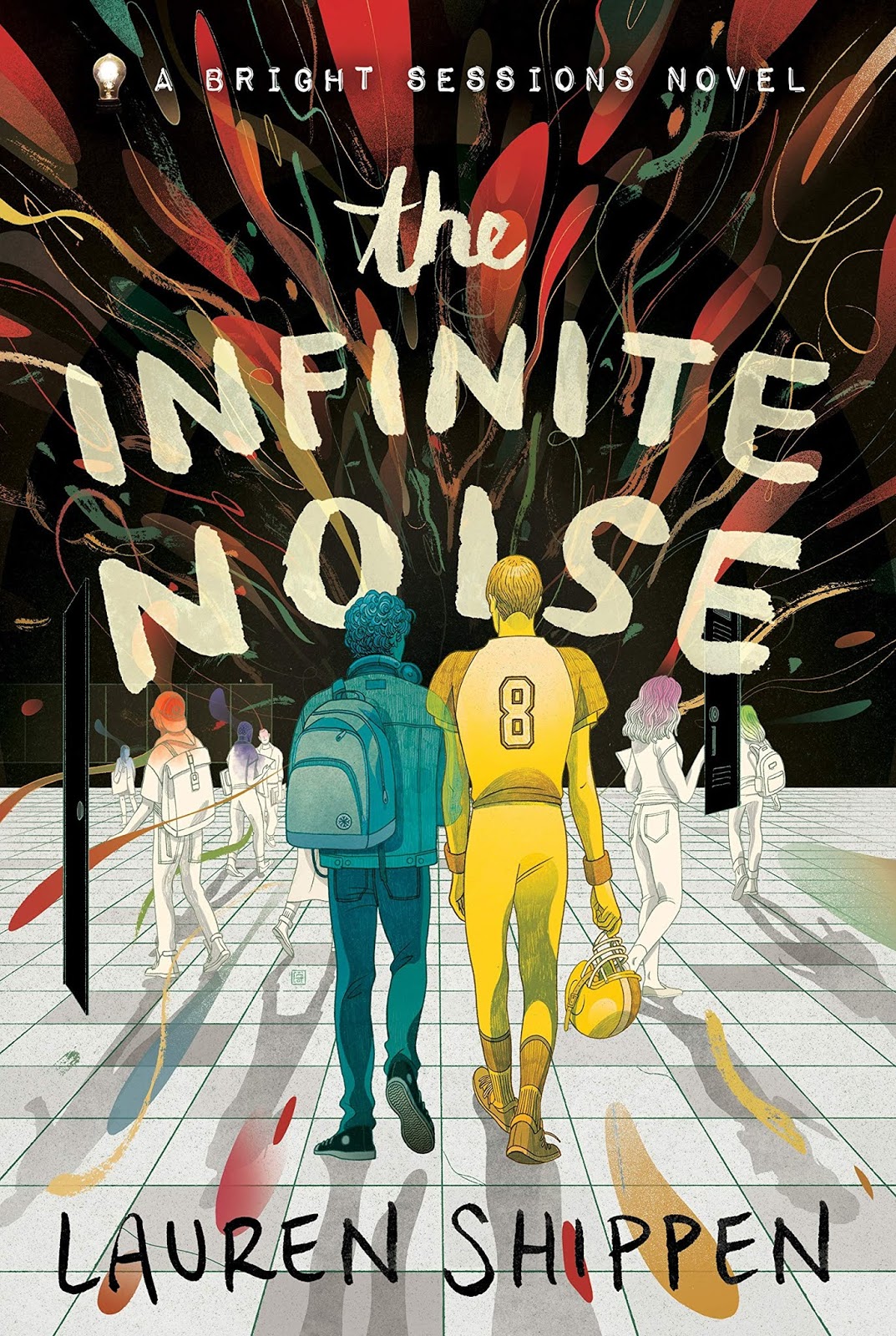The war is over.
The war has just begun.
Three times throughout its history, Nikan has fought for its survival in the bloody Poppy Wars. Though the third battle has just ended, shaman and warrior Rin cannot forget the atrocity she committed to save her people. Now she is on the run from her guilt, the opium addiction that holds her like a vice, and the murderous commands of the fiery Phoenix—the vengeful god who has blessed Rin with her fearsome power.
Though she does not want to live, she refuses to die until she avenges the traitorous Empress who betrayed Rin’s homeland to its enemies. Her only hope is to join forces with the powerful Dragon Warlord, who plots to conquer Nikan, unseat the Empress, and create a new republic.
But neither the Empress nor the Dragon Warlord are what they seem. The more Rin witnesses, the more she fears her love for Nikan will force her to use the Phoenix’s deadly power once more.
Because there is nothing Rin won’t sacrifice to save her country . . . and exact her vengeance.
The Dragon Republic takes place not long after the conclusion of The Poppy War and is not the sort of book I’d recommend reading without having read the prequel. That said, I didn’t really remember much about the secondary characters when I picked this one up, but I found it not to be a huge problem. The book did a good job of orienting me and reminding me who everyone was (and if worst comes to worst, there’s a list of characters in the back, although I didn’t realise this until I finished reading).
In this book, we mostly see Rin and friends preparing for and fighting skirmishes and battles. We also see a lot of character growth from Rin, who goes from who she was at the end of The Poppy War to a more competent and assured commander towards the end of the The Dragon Republic. It’s not a painless journey, however, and some frustration at Rin possibly contributed to me putting the book aside temporarily, especially in the first half.
Overall, if you enjoyed The Poppy War, I definitely recommend reading The Dragon Republic. In many ways it’s a less intense book, but it has its moments. The overarching story is left incomplete at the end and I am expecting a third book to come, rounding this series out into a trilogy. (It doesn’t end of a cliffhanger, but a lot is unresolved.) If you haven’t ready any of this series yet, definitely start with The Poppy War, but be warned it is not a gentle read, especially not as the story progresses.
4 / 5 stars
First published: August 2019, Harper Voyager
Series: The Poppy War book 2 of 2 so far (but I think it will be a trilogy)
Format read: ePub
Source: Purchased from Apple Books


























